
Mr. Vinod Ahuja, Chief Representative of the Food and Agriculture Organization of the United Nations (FAO) in Vietnam, presented a speech at the Forum - Photo: VGP/Vu Phong
On the afternoon of November 28, Deputy Prime Minister Nguyen Chi Dung and Deputy Prime Minister Mai Van Chinh co-chaired the 2025 Cooperative Economic Forum with the theme "Effective linkage between cooperatives and enterprises".
Speaking at the Forum, Mr. Vinod Ahuja, Chief Representative of the Food and Agriculture Organization of the United Nations (FAO) in Vietnam, said that worldwide , FAO sees a consistency and when cooperatives and businesses work together, we all benefit from farmers, consumers, cooperative members and businesses.
Sharing FAO’s global experience, Vinod Ahuja said successful linkages start with professional management. In Latin America, Africa and South Asia, thriving cooperatives are those that invest in professional management, transparent record keeping, good governance and quality control. In India, Kenya and Costa Rica, cooperatives adopt international standards and modernize internal systems.
He believes that Vietnamese cooperatives can take similar steps to prepare for a new growth phase.
According to the FAO Representative in Vietnam, businesses are willing to cooperate when cooperatives ensure stability: stable output, stable quality. In Morocco, Thailand and India, once fragmented value chains are now more competitive thanks to cooperatives and businesses investing in upgrading production processes, storage processes and logistics. This co-investment model is extremely effective, businesses invest because they see high forecasting, and cooperatives benefit from a stable market.
Sharing about the success of the dairy cooperative model in India (the Anand model), Mr. Vinod Ahuja said that this country has gathered millions of small households in professionally managed cooperatives, while keeping farmers at the center of the decision-making process. It is this balance, scale combined with democracy, that creates economic strength and trust.
"Businesses bring technology, packaging and distribution of products, transparent prices. That means farmers know how to calculate the exact price, how to divide the profit. In particular, dairy cooperatives provide services to each household, veterinary care, quality control. And simple technologies like digital milk meters have created trust and reduced fraud," said Mr. Ahuja.
For Vietnam, this experience shows the potential for cooperatives in the livestock, fruit, vegetable and fishery sectors to move from being raw material suppliers to becoming actors in the entire value chain, especially when supported by clear contracts, transparent prices and joint investment from businesses, the FAO Representative acknowledged.

Delegates attending the Forum - Photo: VGP/Nhat Bac
Link to avoid "verbal contract" situation
Speaking at the Forum, the representative of the Vietnam Federation of Commerce and Industry (VCCI) acknowledged that, besides great opportunities, promoting large-scale enterprise-cooperative linkages is still facing many challenges and "bottlenecks" from both institutions, internal capacity and operating mechanisms.
The challenge of the linkage mechanism is the loose contract and lack of sanctions. In reality, many cooperation agreements between enterprises and cooperatives are still based on "verbal contracts" or weak legal documents. When there are large fluctuations in market prices, "breaking the deal" still occurs, causing damage and seriously eroding trust between the parties.
In addition, there is a situation of uneven distribution of benefits and risks. The lack of a transparent and fair mechanism for pricing products and distributing benefits and risks in the value chain is the main cause of disputes. Usually, the weaker party (cooperatives and farmers) has to bear more risks from the market and natural disasters.
To break the "bottlenecks" and unlock the potential of this linkage model, VCCI recommends that the Government research, develop and promulgate a policy framework on value chain development and promote enterprise-cooperative linkages. This policy needs to integrate, synchronize and upgrade preferential policies on credit, tax, land, science and technology, instead of leaving them fragmented in many different legal documents. In particular, there should be specific items and projects to provide financial and technical support for enterprises investing in the linkage chain with cooperatives.
Strengthen the post-audit mechanism, strictly implement the directive on inspecting and examining enterprises at most once a year, except in cases of clear signs of violations. This will create a stable business environment, helping enterprises feel secure in long-term investment in partnerships.
On the business side, VCCI calls on large enterprises and leading enterprises to demonstrate their leadership and social responsibility, proactively creating business "ecosystems". In which, enterprises play the role of the core, providing capital, technology, management processes and product consumption, while cooperatives and farmers are production satellites, developing together on the principle of sharing benefits and risks in a harmonious manner.
Regarding cooperatives, VCCI believes that cooperatives need to proactively restructure according to a modern governance model, financial transparency, and apply digital technology to management and production. More importantly, cooperatives need to proactively build capacity, standardize processes to meet market requirements, and seek business partners professionally.
Anh Tho
Source: https://baochinhphu.vn/kinh-nghiem-lien-ket-nong-nghiep-nhin-tu-mo-hinh-hop-tac-xa-sua-cua-an-do-102251128184707041.htm








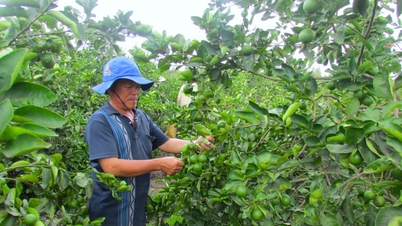









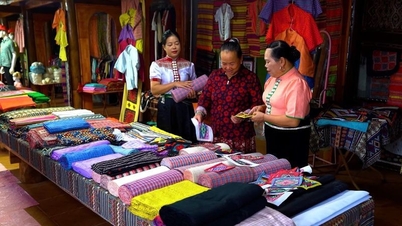

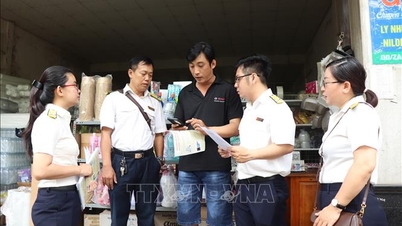




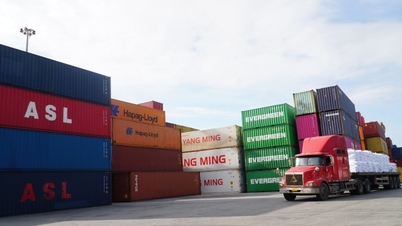









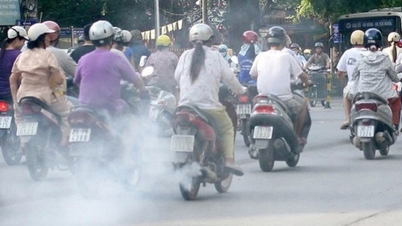























































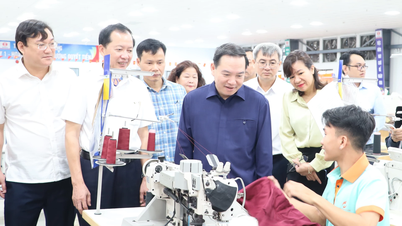

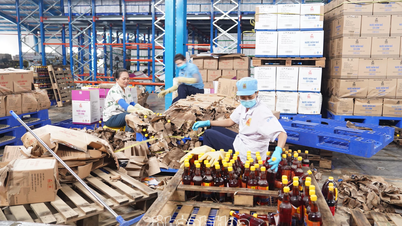
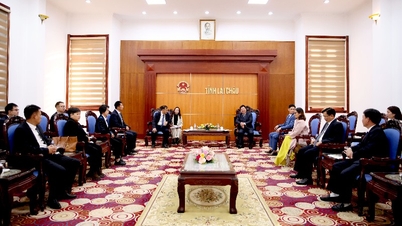

















Comment (0)